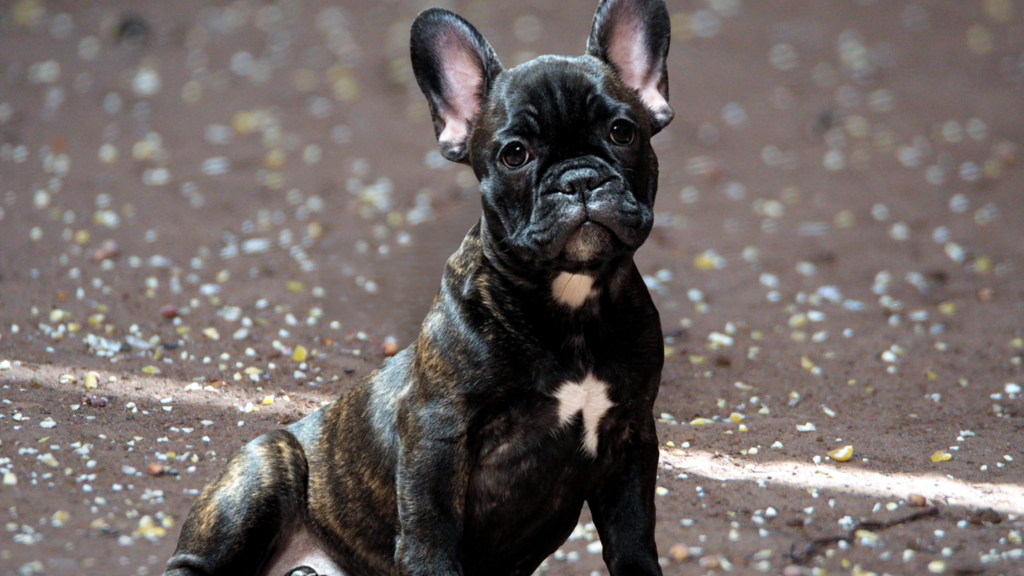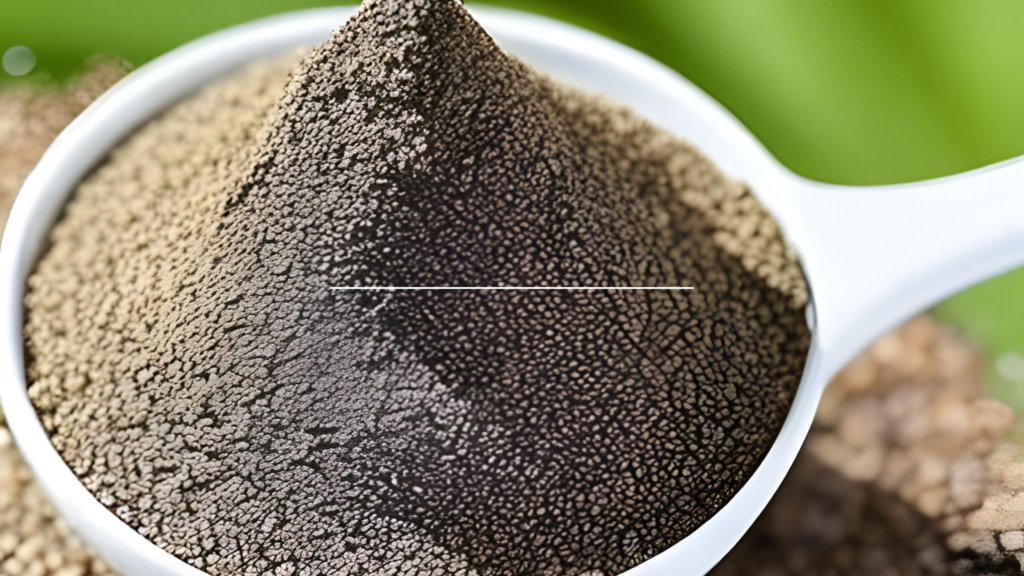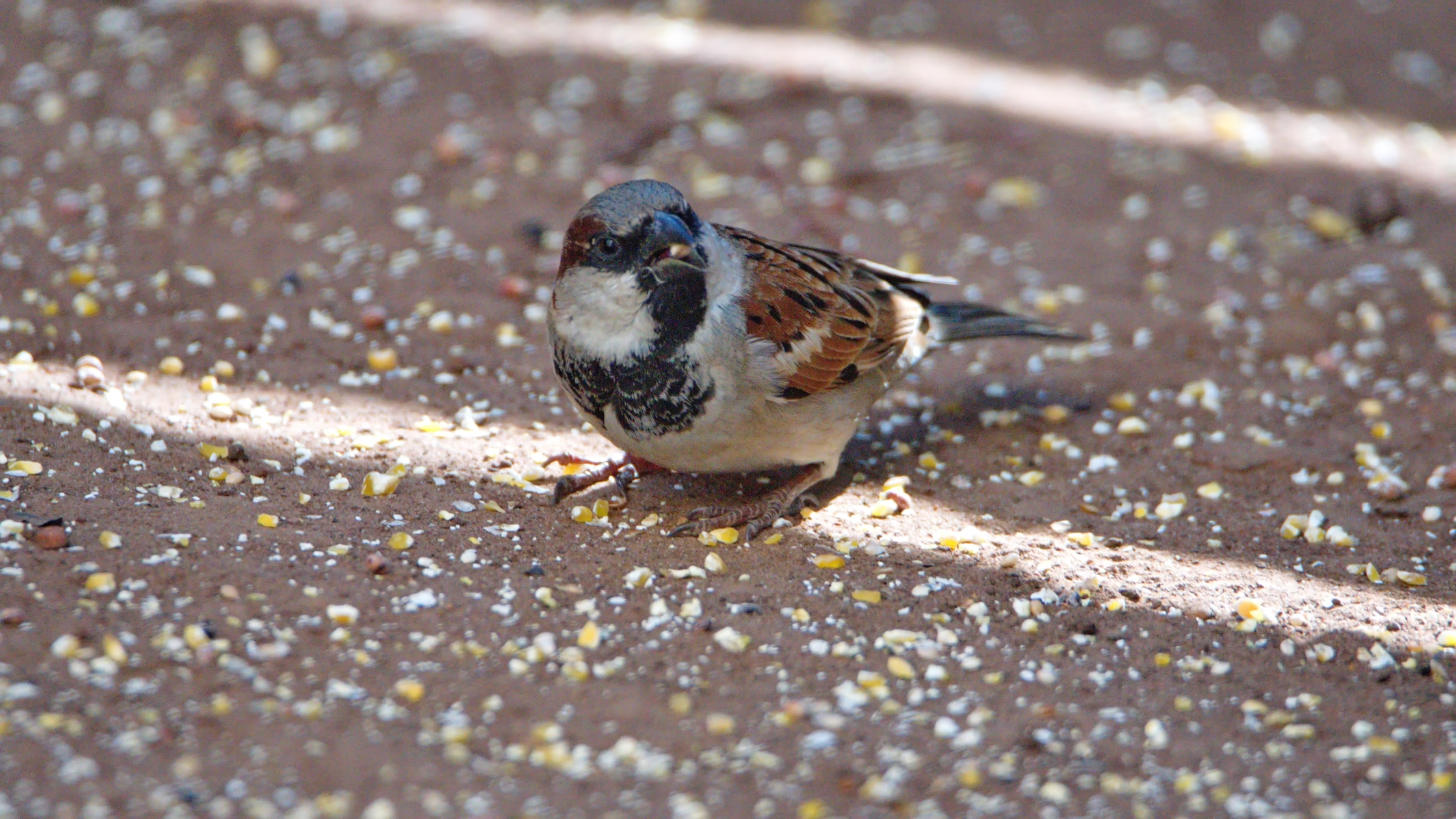Can Bird Seed Kill a Dog? Bird seed is a common household item that many people use to attract birds to their gardens or feed their pet birds.
However, pet owners often wonder if bird seed poses any risks to their dogs.
In this article, we will delve into dog bird seed ingestion, exploring the potential dangers and providing safety measures to keep your canine companion out of harm’s way.
Can Bird Seed Kill a Dog? Are bird seed bad for dogs?
Bird seed itself is not inherently toxic to dogs, but there are several factors to consider that could pose risks to their health.
Understanding these dangers is crucial for responsible pet ownership.
Understanding the Composition and Ingredients of Bird Seed
To comprehend the potential hazards associated with bird seed ingestion, it’s important to examine its composition and ingredients.
Bird seed typically contains seeds, grains, and sometimes dried fruits.
High-Fat Content and Obesity Risks
One concern with bird seed is its high-fat content, which can contribute to obesity in dogs.
Excessive weight gain can lead to various health issues such as joint problems, diabetes, and heart conditions.
Allergies and Sensitivities in Dogs
Some dogs may have allergies or sensitivities to specific ingredients found in bird seed.
Awareness of any adverse reactions or symptoms your dog may experience after consuming bird seed is essential.
Contamination with Harmful Substances
Bird seed can sometimes be contaminated with harmful substances such as pesticides or fungal toxins.
This contamination can occur during the production process or due to improper storage.
Also Read: Dog Shivering After Bath- How to stop it?- Best Guide 2023
What Happens if Your Dog Ate Bird Seed?
If your dog accidentally consumes bird seed, it’s important to understand the potential consequences and take appropriate action to ensure their well-being.
Identifying Symptoms of Bird Seed Ingestion in Dogs
Watch for common symptoms that may indicate your dog has ingested bird seed.
These symptoms can include vomiting, diarrhea, abdominal discomfort, or changes in behavior.
Addressing Vomiting and Digestive Issues
In some cases, dogs may experience vomiting or other digestive issues after consuming bird seed.
It is important to provide them with appropriate care and monitor their condition closely.
What to Do if Your Dog Eats Bird Seed

Suppose you discover that your dog has eaten bird seed.
In that case, you can take several immediate steps to ensure their safety and well-being.
Immediate Actions to Take for Your Dog’s Safety
Start by assessing the situation and determining the quantity of bird seed your dog has ingested.
Contact your veterinarian for guidance and follow their instructions based on your dog’s circumstances.
Contacting a Veterinarian for Guidance
It’s crucial to reach out to your veterinarian if your dog has consumed bird seed, especially if they exhibit concerning symptoms or if you’re uncertain about the potential risks.
Your vet will provide the best course of action based on their expertise.
How to Prevent Dogs from Eating Bird Seed
Taking preventive measures is key to ensuring your dog doesn’t have access to bird seed and reducing the risks associated with ingestion.
Training Techniques to Discourage Consumption
Implement training techniques to discourage your dog from eating bird seed.
Use positive reinforcement, redirect their attention to appropriate toys or treats, and reinforce boundaries and commands.
Proper Storage and Disposal of Bird Seed
Store bird seeds in secure containers that are inaccessible to your dog. Ensure the storage area is dry and free from pests.
Properly dispose of any spoiled or moldy bird seed to prevent accidental ingestion.
Exploring Dog-Friendly Snack Alternatives
Provide your dog with safe and healthy alternatives to bird seed.
Opt for dog-specific treats or snacks formulated to meet their nutritional needs.
Handling Moldy Bird Seed and Dogs

Moldy bird seed can be particularly dangerous for dogs, as it may contain harmful toxins that can cause serious health issues and even death.
Risks and Health Concerns Associated with Moldy Bird Seed
Moldy bird seeds can contain mycotoxins, leading to digestive problems, neurological issues, or even organ damage in dogs. Prompt action is necessary if your dog consumes moldy bird seed.
Symptoms and Steps for Seeking Veterinary Assistance
If you suspect your dog has eaten moldy bird seed or if they exhibit symptoms such as vomiting, diarrhea, or lethargy, contact your veterinarian immediately for guidance and proper treatment.
Can Dogs Eat Bird Seed?
While bird seed is not toxic to dogs in moderate amounts, it’s important to consider its overall safety and nutritional value as part of their diet.
Safe Alternatives to Bird Seed for Dogs
Explore safe alternatives that you can incorporate into your dog’s diet, considering their nutritional requirements.
Consult your veterinarian to determine the best options for your specific dog breed and health conditions.
Moderation and Guidelines for Offering Bird Seed
If you offer bird seed to your dog occasionally, do so in moderation and ensure it doesn’t become a significant portion of their diet. Monitor their overall health and well-being closely.
Also Read: How to Train a Carolina Dog and Unleash Their Full Potential
Conclusion: Keeping Your Dog Safe and Healthy
In conclusion, while bird seed is not inherently toxic to dogs, pet owners must be aware of its potential risks.
The high-fat content in bird seed can contribute to obesity and various health issues in dogs, and some dogs may have allergies or sensitivities to specific ingredients.
Additionally, contamination of birdseed with pesticides or fungal toxins can occur, posing potential health hazards.
To keep your dog safe, it’s essential to take preventive measures.
This includes training techniques to discourage ingestion, proper storage and disposal of bird seed to prevent accidental access, and offering dog-friendly snack alternatives that meet their nutritional needs.
If your dog consumes bird seed, monitoring their symptoms closely and seeking immediate veterinary assistance if any concerning signs arise is important.
Your veterinarian can provide tailored guidance based on your dog’s situation and advise on appropriate actions.
Being proactive and informed is key to ensuring your dog’s well-being.
Understanding the risks associated with bird seed ingestion and implementing necessary safety measures can keep your furry friend safe, healthy, and happy for years.







